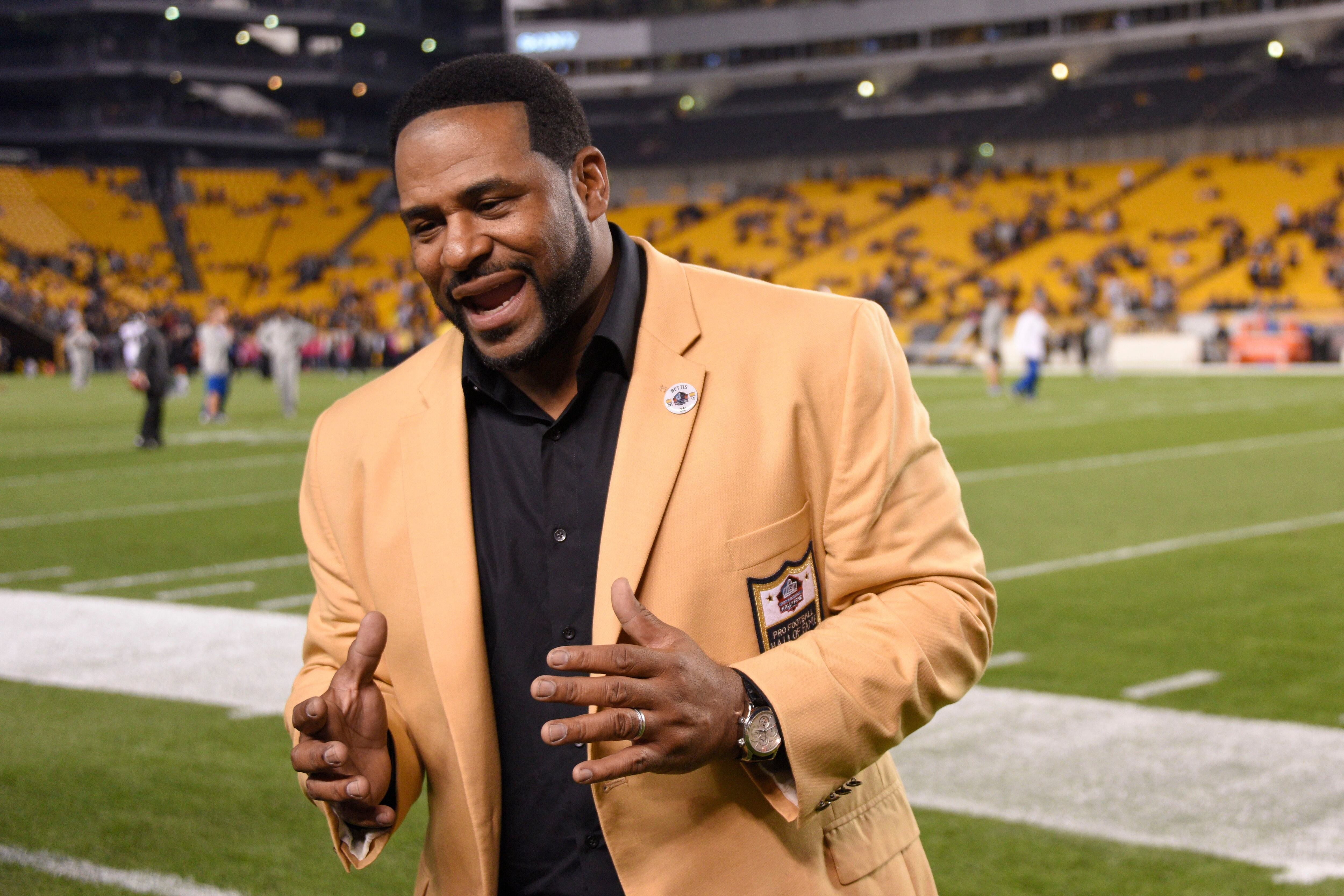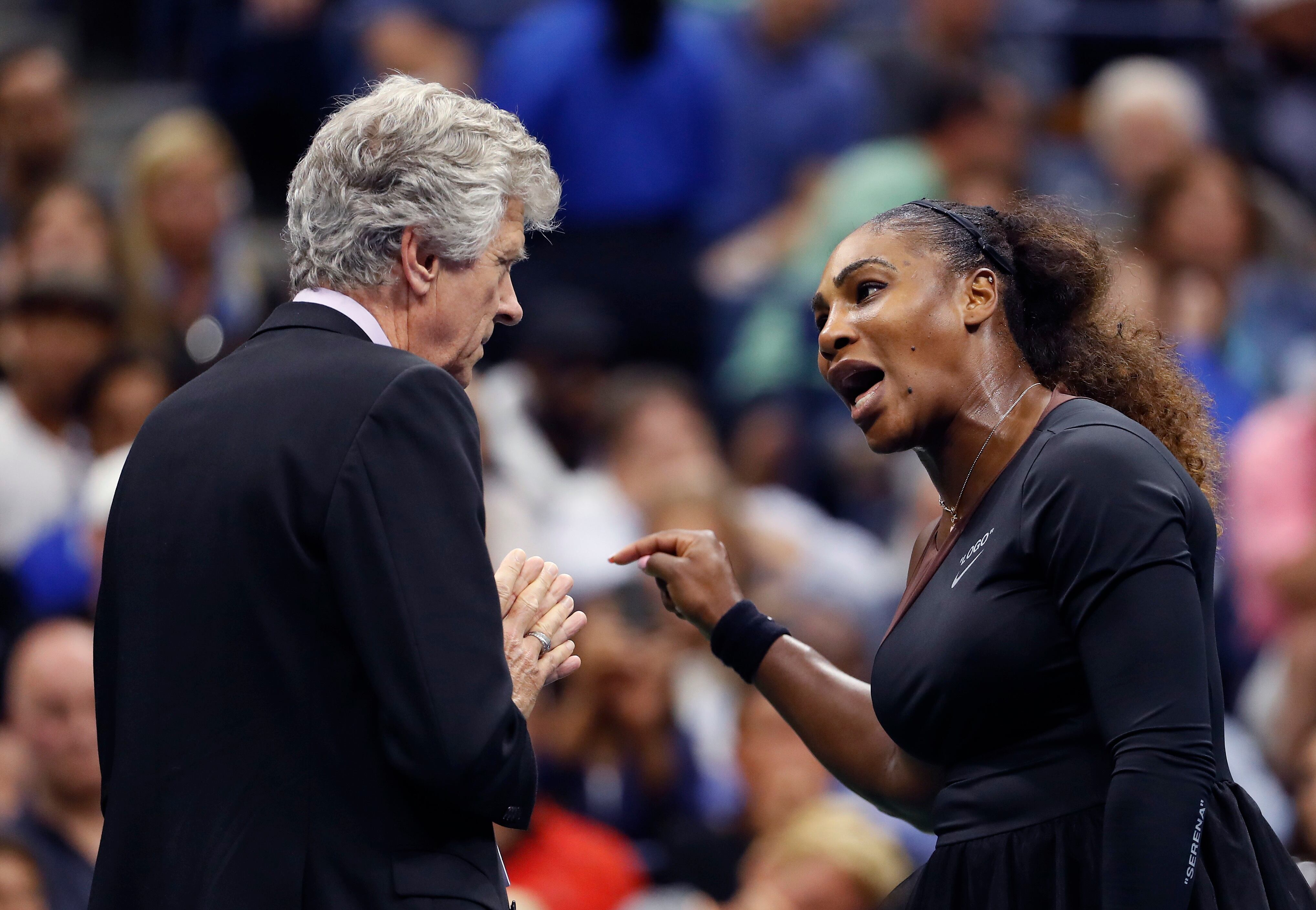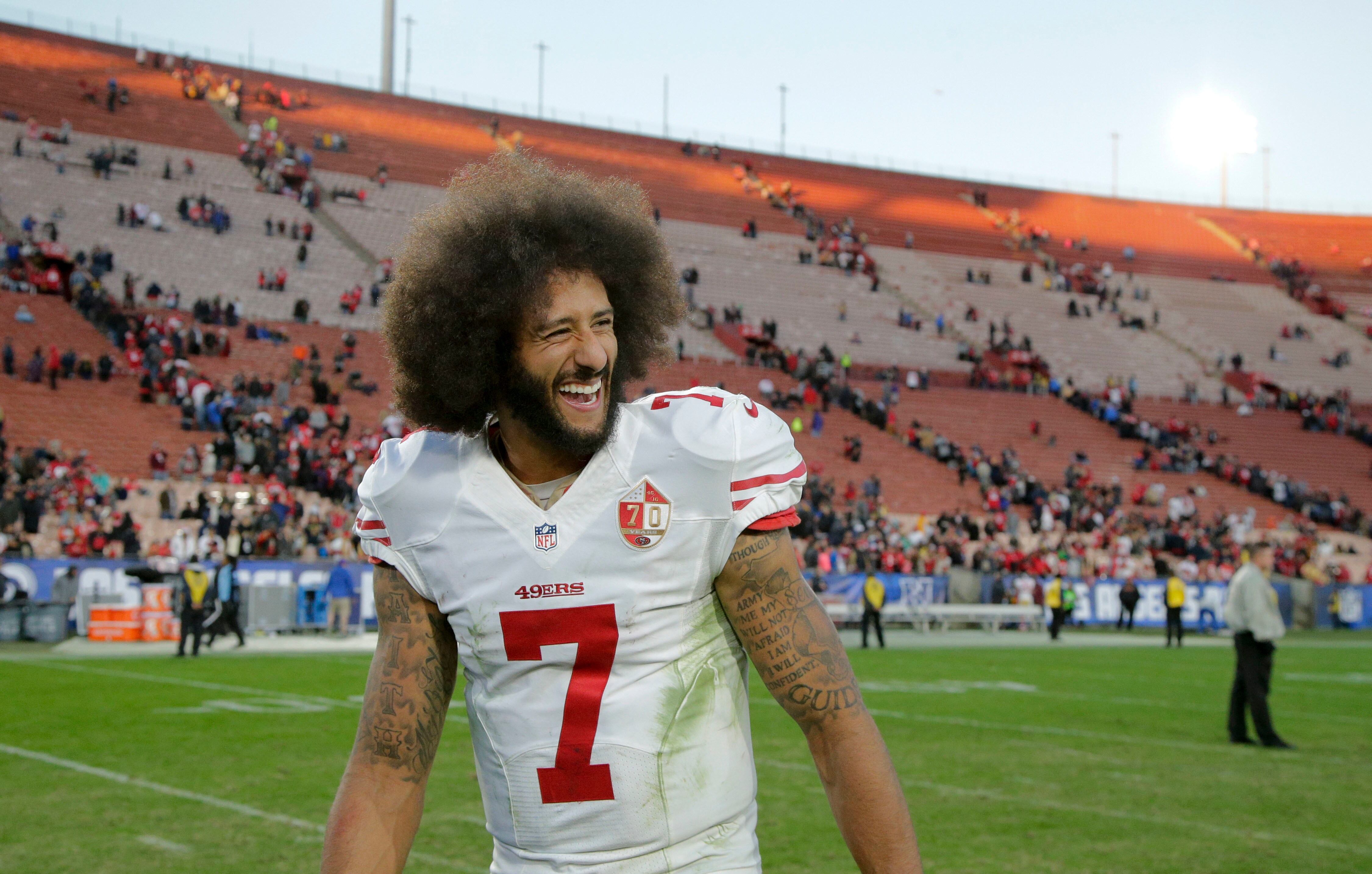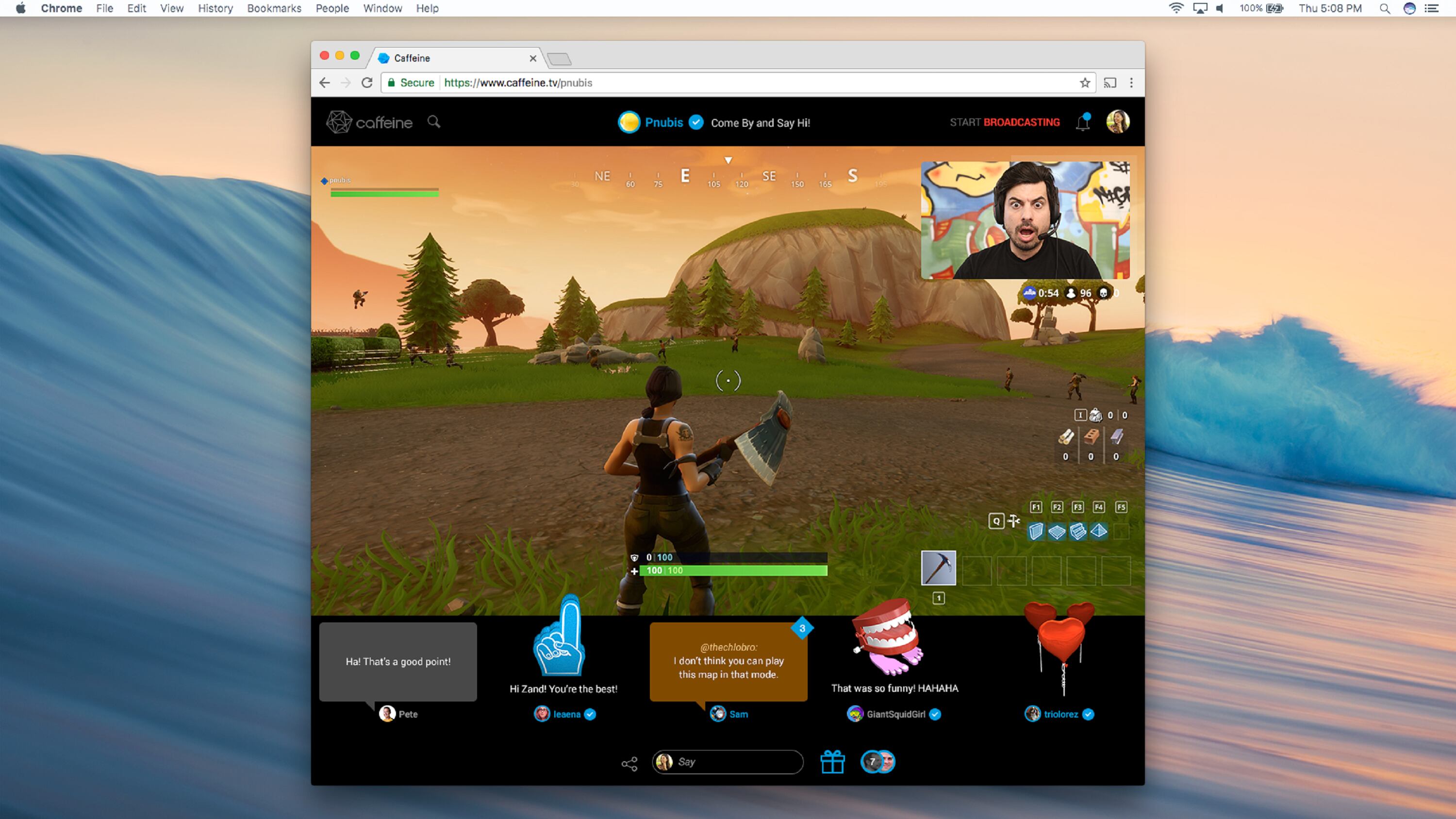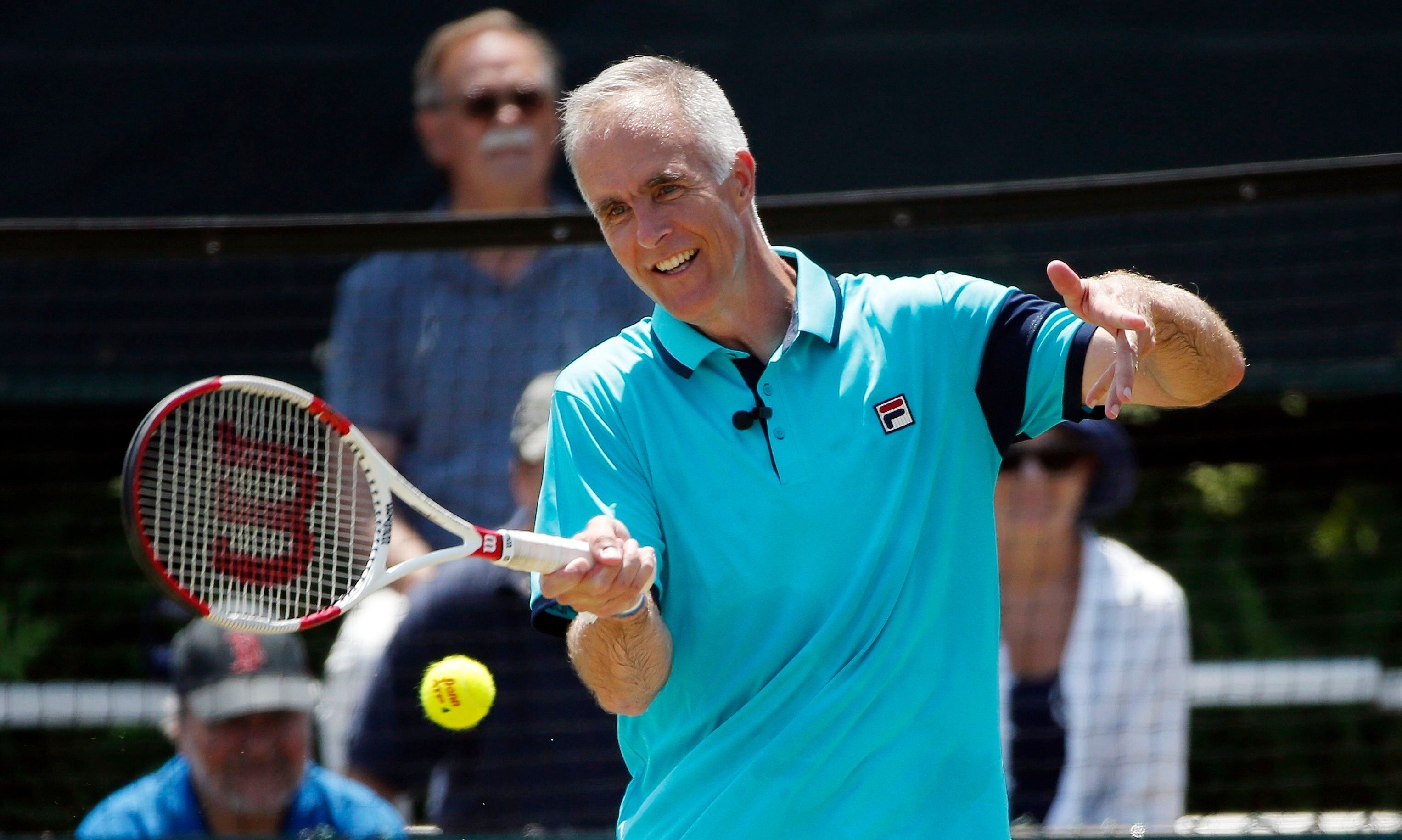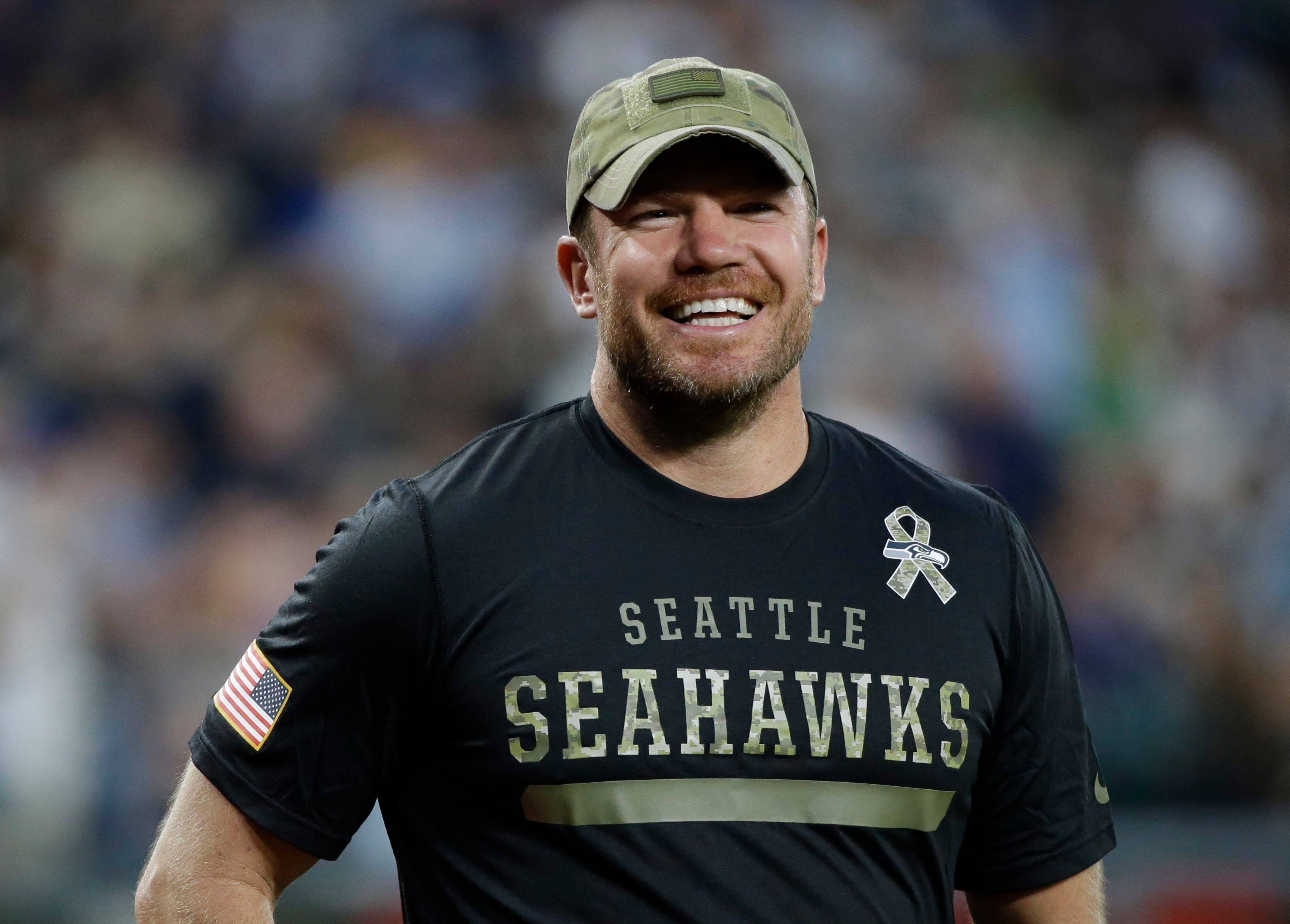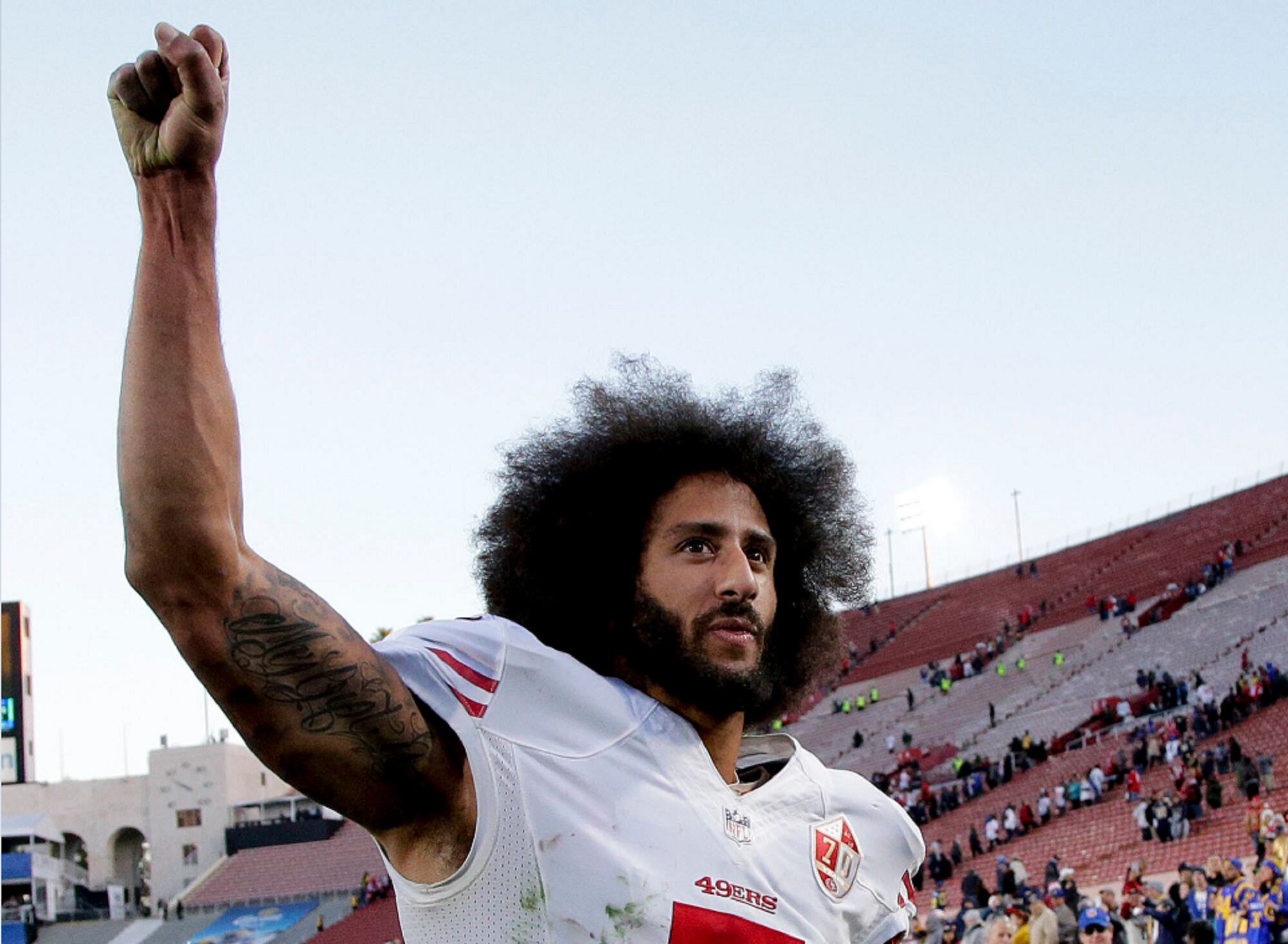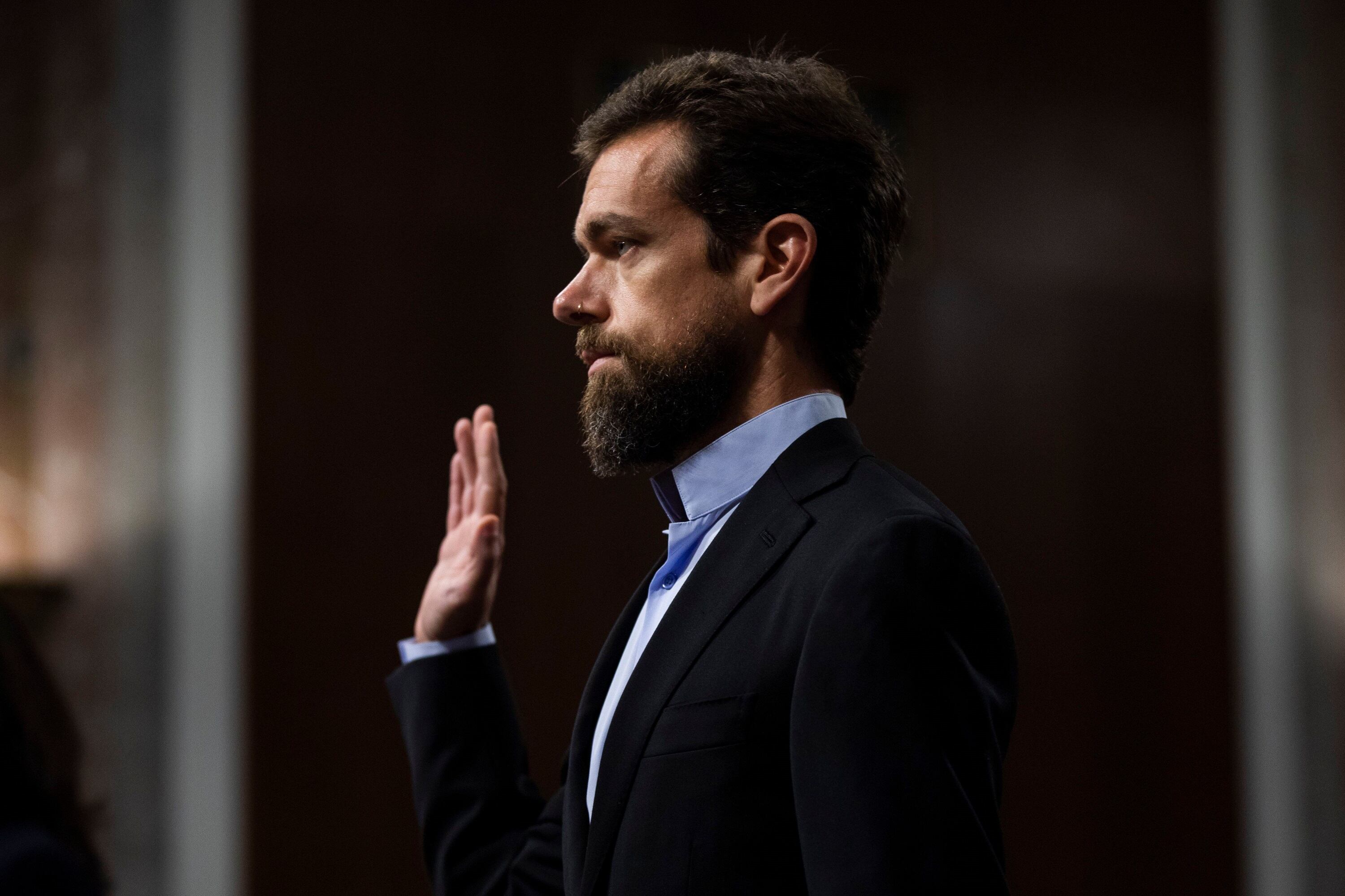Every time Olympic swimmer Missy Franklin walked through a doorway, she used to give herself an affirmation.
“Sometimes you have to think about what you can tell yourself that’s positive and will build confidence and self-love,” the five-time gold medal winner told Cheddar Thursday.
That was one of the ways she coped with the stresses of competitive swimming and its impact on her mental health. She picked up the technique from the greatest Olympic swimmer ever, Michael Phelps.
Franklin said the only reason she could open up about her battle with depression was because she had “such an incredible stage set before me by people like Michael and…[fellow Olympic swimmer] Allison Schmitt.”
“For me, once I felt like I was really ready to kind of come out and talk about it, it was actually fairly easy knowing I had the support of so many people,” she said. “This is something that so many of us experience, and yet it’s still taboo.”
Franklin said her bouts of depression stem from her successes. She was just 17 years old when she won four gold medals at the 2012 London Olympics. She snagged her fifth in Rio four years later.
“A lot of it came from placing my identity in my success in a pool.”
Having lived through it, she now wants to reach out to younger athletes to help them recognize that, “You are not a best time, you are not a medal...you are so much more than that.”
The Olympian is already in training mode for the 2020 Games in Tokyo, which entails swimming for up to four hours a day.
For the full interview, [click here](https://cheddar.com/videos/the-advice-michael-phelps-gave-missy-franklin-on-keeping-her-head-in-the-game).
Bettis, known as "The Bus" when he was an unstoppable running back for the Pittsburgh Steelers, voiced support for the NFL player protests but also said he thought the league was "doing the right thing" in a tense situation.
Serena Williams's altercation with a chair umpire during the U.S. Open final was just the latest example of women being treated differently than their male counterparts in the sport. But whether things change by the Australian Open in January, said the Washington Post's Cindy Boren, is hard to say.
These are the headlines you Need 2 Know.
Randal Hill, a former NFL wide receiver, is optimistic even in the face of the protest controversy that has divided America. He told Cheddar Big News that one of the best things about sports leagues is how they can heal national wounds.
Rich Tamayo, the director of guest experience for the Baltimore Ravens, said that the changes being made for Ravens fans will "change the game in the way our fans experience the stadium." The Ravens start their season against the Buffalo Bills on Sunday.
Social live-streaming is today where social media was in the mid-2000s. At least that's what 21st Century Fox is betting. The CEO of Caffeine, which just took a $100 million investment from the media giant, is looking toward the future of the industry.
Todd Martin, the CEO of the International Tennis Hall of Fame, said he sees a possibility for an upset in the men's semifinal, but Serena Williams has it all but wrapped up on the women's side.
Nate Boyer, a former NFL player and Green Beret, is the man behind Colin Kaepernick's protests in 2016 when he suggested that the quarterback kneel instead of sit during the National Anthem as a sign of a respect. Two years later, Boyer believes people are missing the point of his protest and not listening to both sides of the issue.
Scooby Axson, a writer and producer for Sports Illustrated and an Army veteran, said that Pres. Trump is using Nike's Colin Kaepernick ad to stoke anger in his base.
These are the headlines you Need 2 Know.
